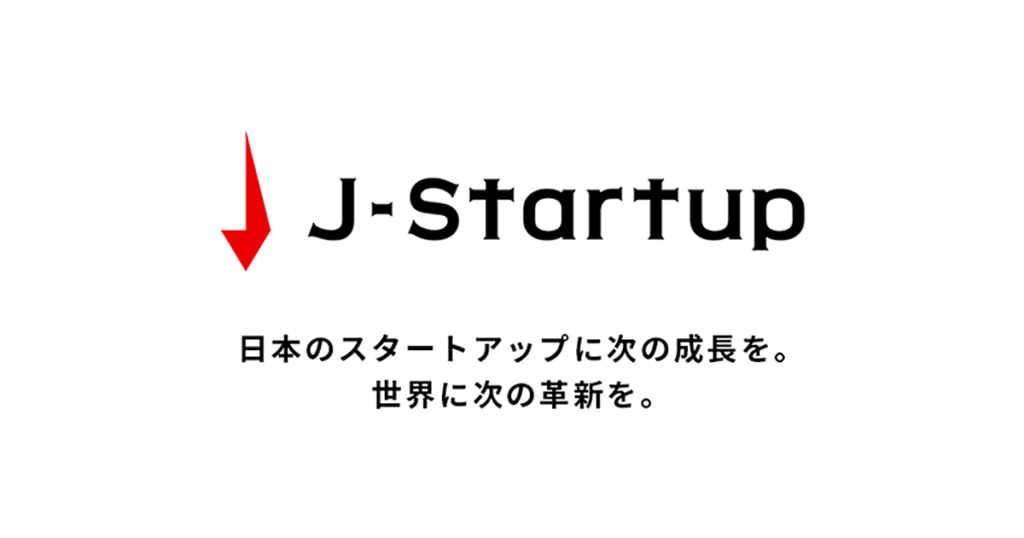
Some places, like California’s Silicon Valley, are famous for their startup culture. Large companies like Apple were once small startups run by optimistic and brave teams. Japan isn’t as well known for startups. When people think about working in Japan, they usually imagine loyal salarymen putting in overtime at large companies. While startups aren’t a large part of the Japanese business scene, work culture is changing and more people are deciding to start their own businesses. In addition, Japan has become an attractive country for some foreigners to create a startup in. Furthermore, increasing numbers of Japanese university graduates are starting to see working for a startup as a viable career option. Maybe creating your own company or working for a startup can be your next big career move. If you want to learn more about startup culture in Japan, keep reading.

Shibuya, Japan’s Startup Hotspot
Shibuya has been described as “kind of the Silicon Valley of Tokyo.” Most large IT companies, like Google, are based in Shibuya. In addition, there are many coworking spaces in Shibuya, making it a good place for startups that can’t afford their own office space yet. In addition, the local government is forward-thinking and supports innovative startups. Of course, you don’t have to base your startup in Shibuya. Hashi Media is located in Roppongi, an area popular with foreigners. And Tokyo isn’t the only city you can start a business in. While the startup scene in Osaka and Kyoto is smaller, it’s possible to build your company there. In addition, cities like Fukuoka and Sapporo are rapidly growing and becoming attractive places to do business.
Why Create a Startup in Japan?
You might be wondering why you should create your startup in Japan, as opposed to other countries. There are a few reasons. First, Japan is one of the easiest countries to create an initial public offering (IPO) in. Since venture capitalists in Japan typically only invest a small amount of money into startups, and push them to exit as soon as possible, investing in a startup is fairly low risk when compared to other countries. Moreover, because the Japanese startup scene is small, you will face far less competition that you would in the United States. However, it is difficult for a startup to expand into a large company in Japan. The only majorly successful Japanese startup that has become well known abroad is Mercari. Since companies have to tailor their products or services to a Japanese audience, they often struggle to grow globally. Successfully localizing your Japanese startup to other countries is possible, but challenging. Due to these factors, most Japanese startups remain small businesses.

Finding Employees for your Startup
Since Japanese culture praises people for working in large companies, it can be hard to find talent for your startup. Stable employment is highly valued in Japan, and working for a startup is seen as risky. However, working at a large company is no longer as promising as it used to be, and the Covid-19 pandemic has destabilized work culture in Japan. Young university graduates are more willing to work at startups these days. In addition, you can recruit people who are often left out of the traditional workforce in Japan. Mothers, foreigners, and people close to retirement age often have trouble finding new jobs in Japan. However, just because someone is part of a demographic that is considered less employable doesn’t mean they don’t have talent and skills to offer. Being an inclusive employer can help you build an amazing team.
Japanese Business Etiquette Still Matters
Even if you’re creating your own innovative company that strives to do things differently, it’s still important to learn Japanese business etiquette. You’ll have to network with investors, other startup creators, potential collaborators, and customers if you want to be successful. Take the time to brush up on your business Japanese and manners. The Japanese startup scene is quite internationalized and you will often be able to speak English in meetings. However, if you’re a foreigner, showing that you’ve taken the time to learn about Japanese business etiquette will go a long way.

Support for Startups in Japan
If you’re thinking of starting a business in Japan, know that you and your team aren’t in it alone. There are programs and networking organizations to help you out. One of these is J-Startup, a program developed by the Ministry of Economy, Trade, and Industry. The program offers both private sector and government support to startups in Japan. It is open to foreign entrepreneurs and can assist them with getting visas. J-Startup also helps startups in Japan that are looking to expand abroad.
The Scaling Japan Podcast, hosted by serial entrepreneur Tyson Batino is a good resource for startups on Japan and they have episodes on getting investment in Japan, startup cities, and more.
For female entrepreneurs in Japan, there is an organization called Startup Lady. Startup Lady is a networking organization run by volunteers. It aims to improve gender equality in business by providing training and education to female entrepreneurs. Startup Lady pairs novice businesswomen with experienced mentors and hosts a variety of networking and educational events. Basic membership is free, and allows members to connect with other female entrepreneurs in Japan.



